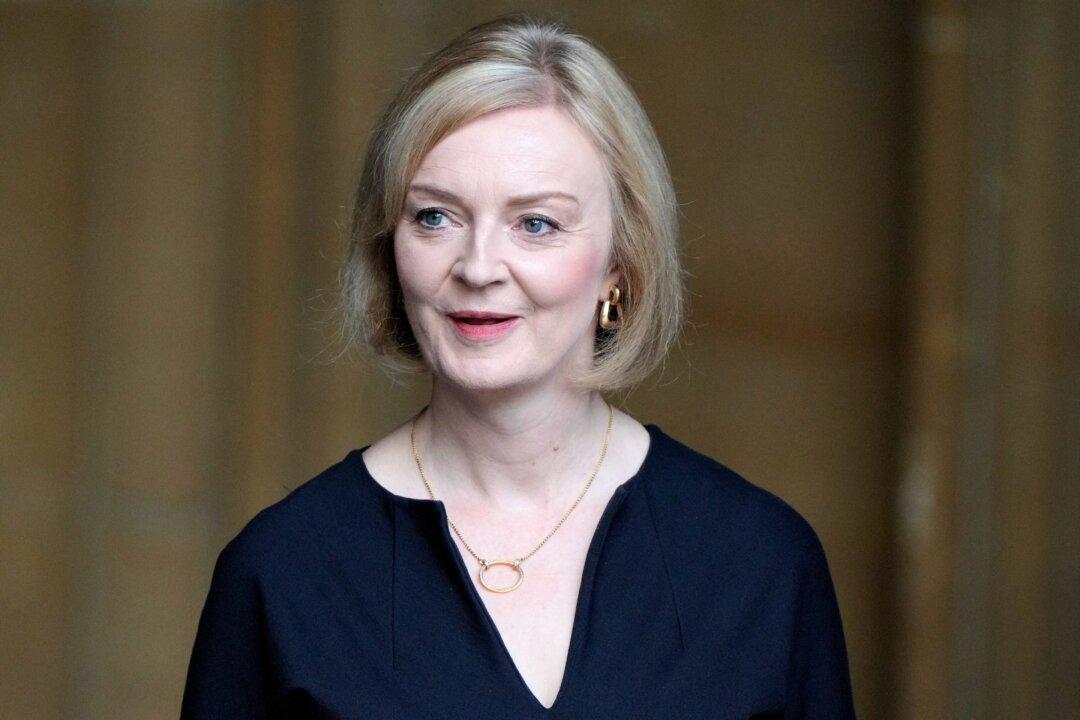As UK Prime Minister Liz Truss’ tax cuts come under fire from financial institutions and media outlets, one Australian economist says it is a step in the right direction, but more needs to be done to curb spending.
The Truss government is backing tax cuts and reductions to stamp duty (a form of property tax) to spur economic activity. However, in response to the move, financial institutions like the Bank of England and the International Monetary Fund have urged Truss and Kwasi Kwarteng, the chancellor of the exchequer, to reverse or delay the move.





